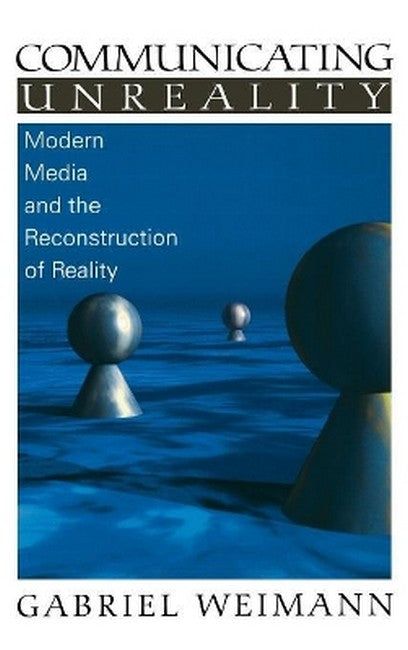Gabriel Weimann is a Full Professor of Communication at the Department of Communication at Haifa University, Israel. His research interests include the study of media effects, political campaigns, persuasion and influence, media and public opinion, modern terrorism and the mass media. He published six books: Communicating Unreality (Los Angeles: Sage Publications, 2000); The Influentials: People Who Influence People (State University of New York Press, 1995); The Theater of Terror (New York: Longman, 1994); Hate on Trial (Toronto: Mosaic, 1986); and The Singaporean Enigma (Jerusalem: Tzivonim, 2001) and Terror On the Internet (Washington, DC: USIP Press, 2007). His papers and research reports, more than 120 publications, have been published in scientific journals and books. He received numerous grants and awards from international foundations and was a Visiting Professor at various universities including University of Pennsylvania, Stanford University, Hofstra University, Lehigh University (USA), University of Mainz (Germany), Carleton University (Canada) and the National University of Singapore.
Request Academic Copy
Please copy the ISBN for submitting review copy form
Description
Preface PART ONE: THE RECONSTRUCTION OF REALITY Living in a Mediated World The Debate Over Media Effects Cultivation and Mainstreaming The Psychology of Cultivation PART TWO: MEDIATED REALITIES The Mean and Scary World Sex and Sexuality Death and Suicide The World According to MTV Portrayal of Groups Images of America The Unreal War PART THREE: CONCLUSIONS Virtual Reality: Virtual or Real? Communicating Unreality
"Clearly written and interesting to read, this book makes good use of the history of famous studies and scholars, covers the waterfront of mass communication topics, and is backed up by a large number of references. . . I would use this text in my Sociology of Mass Communication course." -- Everett M. Rodgers

